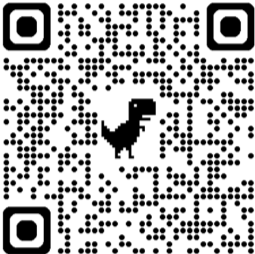Who Wants to Be A Nurse???
Quiz your knowledge on end of life care.
Create multiple-choice games on Wisc-Online and play them on our Chakalaka mobile app!
But that's not all! Explore educational games created by others. Simply search by category or enter agame code number and dive into a world of learning and fun.
Download the Chakalaka mobile app here:

Topics of this game:
- A terminally ill client tells the nurse that they do not want to be placed on a ventilator, have CPR, or be intubated to prolong their life. Which of the following actions would most ensure that the client's wishes are carried out?
- A client who suffered a severe head injury was brought in to the E.R. Treatment to control cerebral edema has been unsuccessful and brain death has been determined. What action does the nurse take to maintain viability of the kidneys before organ donation?
- A patient has been receiving palliative care for the past several weeks in light of her worsening condition after a series of strokes. The caregiver has rung the call bell, stating that the patient "stops breathing for a while, then breathes fast and hard, and then stops again." You recognize that the patient is experiencing
- What is the primary purpose of hospice?
- A family member asks the nurse to explain the purpose of hospice care. Which of the following is the best response? Hospice care:
- The nurse is aware that hospice care can be made available to terminal patients who:
- What are a variety of legal and lay documents that allow persons to specify aspects of care they wish to receive should they become unable to make or communicate their preferences?
- What physician's order specifies that no effort be made to resuscitate the client with terminal or irreversible illness in the event of a respiratory or cardiac arrest?
- A 70-year-old female patient who has had a number of strokes refuses further life-sustaining interventions, including artificial nutrition and hydration. She is competent, understands the consequences of her actions, is not depressed, and persists in refusing treatment. Her doctor is adamant that she cannot be allowed to die this way, and her daughter agrees. An ethics consult has been initiated. Who would be the appropriate decision maker?
- The nurse working in a long-term care facility is assigned to a client who is in a persistent vegetative state and who has a nasogastric feeding tube. The family asks to have the tube removed. What is the nurse's best course of action?
- What is not the nurses duty when it comes to postmortem care?
- The nurse should never refer to the deceased person as ____________:
- What is not a specific legal responsibility a nurse does during postmortem care?
- According to "Maslow's Hierarchy of Needs," what is important to consider after the death of a patient?
- When does rigor mortis reach maximum stiffness?
User comments are currently unavailable. We apologize for the inconvenience and are working to restore this feature as soon as possible.

